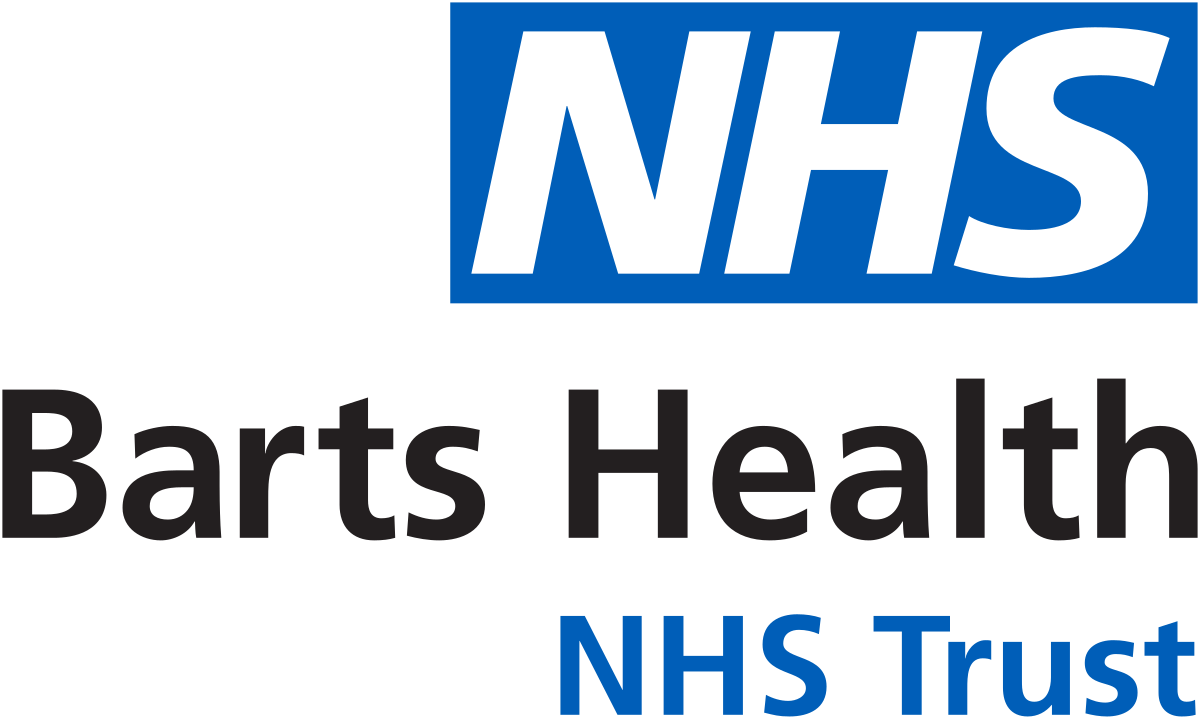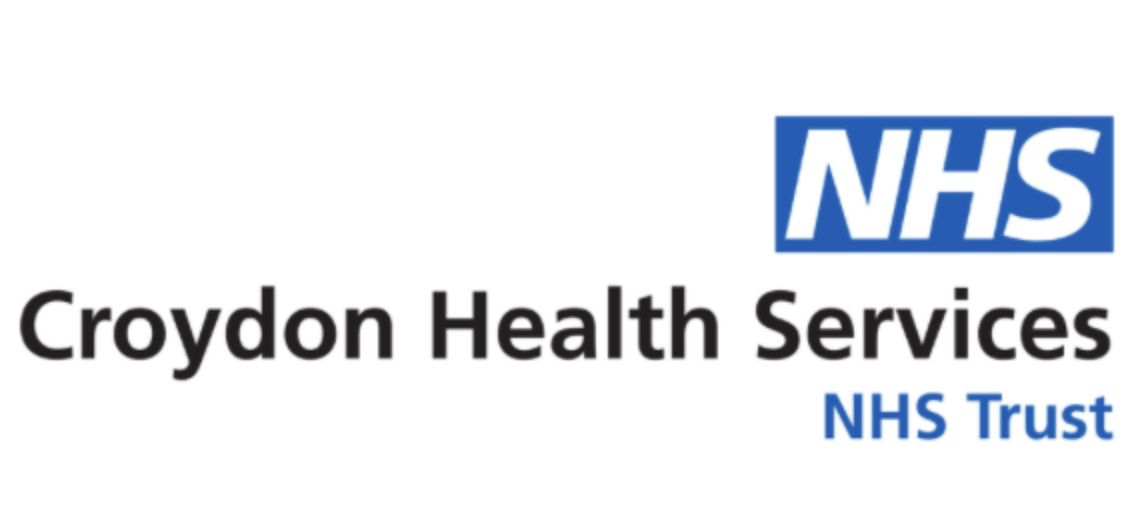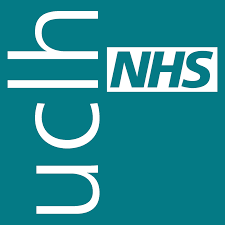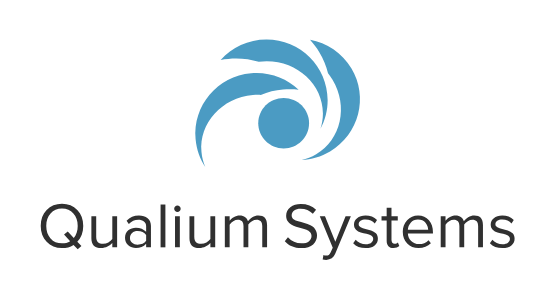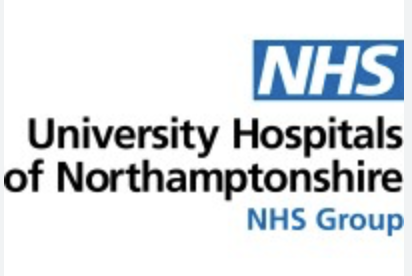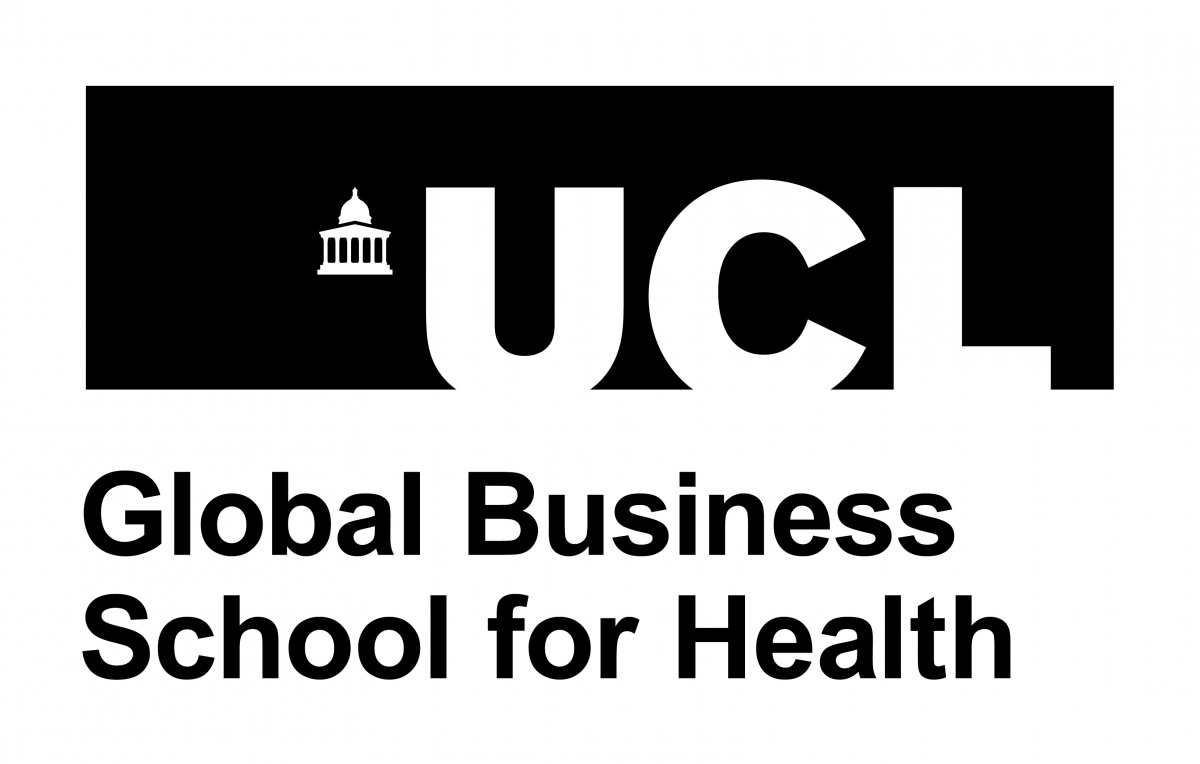9.50 - 10.00
Welcome from our Chairperson
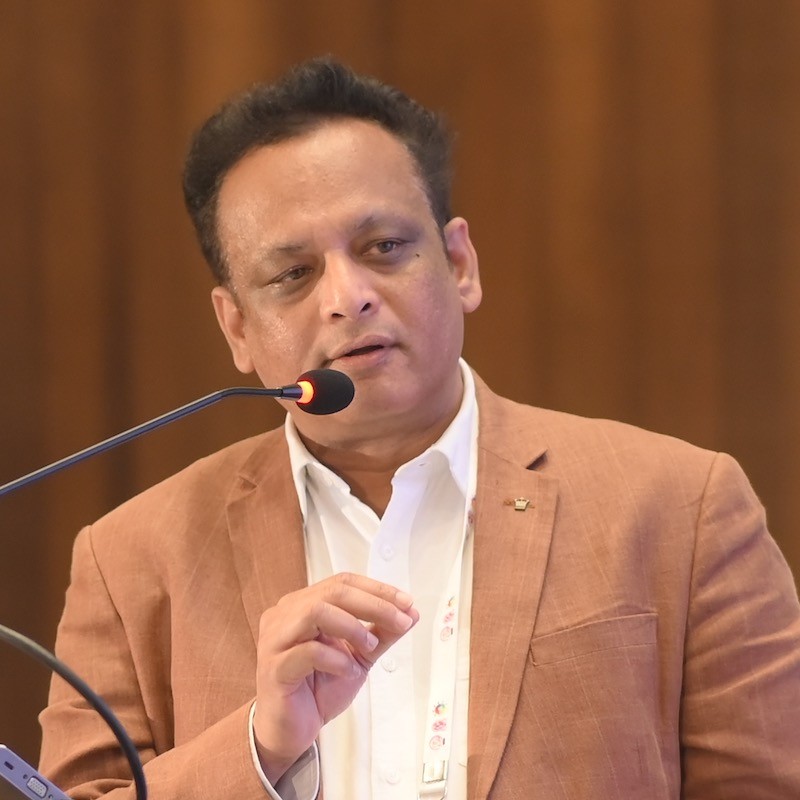
Rajesh Sivaprakasam,
Lead for Robotic Renal Failure Surgery (Barts Health NHS Trust), Consultant in Transplant, Access, and General Surgery (Barts Health NHS Trust)
10:00 - 10:45
Operating Theatres in 2025
This opening session grounds the conference in the realities of surgery today. A transplant recipient shares the lived experience of facing the operating theatre, joined by a consultant surgeon, a trust-wide safety lead anaesthetist, and a matron for the operating theatres. Together, they unpack what it means to deliver operations in 2025 covering the realities of theatre culture, multidisciplinary teamwork, and the patient outcomes that define success.

Rajesh Sivaprakasam,
Lead for Robotic Renal Failure Surgery, Consultant in Transplant, Access, and General Surgery
Barts Health NHS Trust

Professor Stella Vig
Deputy National Medical Director for Secondary Care and Quality (NHS England), Consultant Vascular and General Surgeon (Croydon University Hospital)

Annie Hunningher
The Royal College of Anaesthetists Centre for Perioperative Care (RCOA/CPOC) committee for the National Safety Standards for Invasive Procedures (NatSSIPs), Consultant Anaesthetist (Barts Health NHS Trust)

Mr Raiyyan Aftab
President (Association of Surgeons in Training), ST4 Plastic Surgery Trainee (Salisbury NHS Foundation Trust)

Biju Bhaskaran
Matron for Operating Theatres, Royal London Hospital (Barts Health NHS Trust)
10:45 - 11:00
A Special Conversation - The Patient Experience in the NHS
Patients to share their experiences of undergoing surgical care in the NHS over the last three decades.

Rajesh Sivaprakasam,
Lead for Robotic Renal Failure Surgery, Consultant in Transplant, Access, and General Surgery
Barts Health NHS Trust

Deborah Duval
Multiple Organ Transplant Recipient

Mr. Mahee
A Digitally Engaged Patient
11:00 - 11:45
The Operating Theatre of the Future – A panel discussion
What will the operating theatre look like in 2030. The UK has a diverse portfolio of
operating theatres, most built in accordance with national guidelines set by the NHS.
With the rollout of The New Hospital Program and many operating theatres being up
for renewal, now is the time to look at advances in operating theatre design and use.
This expert panel will look at technological advancements that protect our patients,
staff and planet taking into account:
- Advancements in operating theatre design
- Reducing energy consumption
- Infection prevention, control and antimicrobial resistance
- Occupational health of staff working in theatres

Dr Jonny Groome (Chair)
Paediatric anaesthetic consultant (Barts Health NHS
Trust), Associate Medical Lead for Sustainability (Nuffield Health) and Honorary
Associate Professor in Sustainability (UCL).

Dr Anne Symons
Healthcare architect and Senior Research Fellow in Healthcare
Design (The Bartlett School of Sustainable Construction, UCL).

Professor Ian Eames
Professor of Fluid Mechanics (UCL)

Olu Alaka
Head of Estates (University College London Hospital)
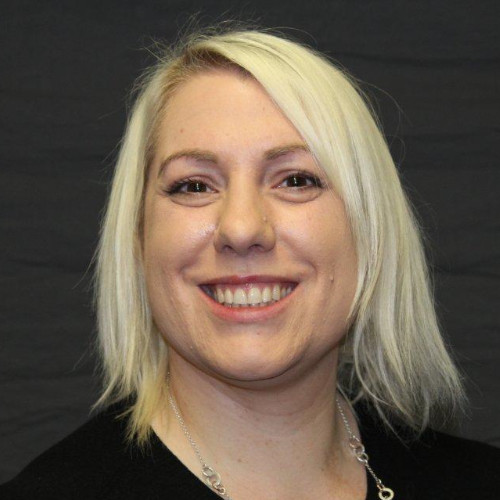
Fiona Daly
Director of Estate Sustainability and Workforce, and the National
Deputy Director of Estates for NHS England. Honorary Professor (UCL)
11:45 - 12:00
Scaling Surgical Throughput with AI: Lessons from the NHS Frontline
How are NHS hospitals using AI to clear backlogs and boost operating efficiency? This panel shares case studies on AI-driven scheduling, bed planning, and resource management — revealing what’s actually worked, what integrated well with EPRs and staffing systems, and how others can adopt similar strategies.

Olga Krivchenko
CEO & Co-Founder, Qualium Systems
12:00 - 12:45
Robotics at Scale: Delivering Surgical Transformation Across the NHS
What does successful robotic surgery actually look like at scale? Learn from Trusts that have moved beyond pilot phases — building full programmes with clear utilisation goals, integrated training, and multidisciplinary buy-in. A practical blueprint for Trusts seeking sustainable adoption.
CHAIR:

Rajesh Sivaprakasam,
Lead for Robotic Renal Failure Surgery, Consultant in Transplant, Access, and General Surgery
Barts Health NHS Trust

Professor Tan Arulampalam
President of the Association of Laparoscopic Surgeons of Great Britain and Ireland (ALSGBI)

Professor Manish Chand
Consultant Colorectal and Robotic Surgeon (UCLH), Associate Professor of Surgery (UCL), Director of The NIHR Incubator for Advanced Surgical Technology (ASTI)

Mr Jamil Ahmed
Consultant Robotic/Laparoscopic Colorectal and General Surgeon (Northampton General Hospital), Deputy Director of Medical Education (NGH)
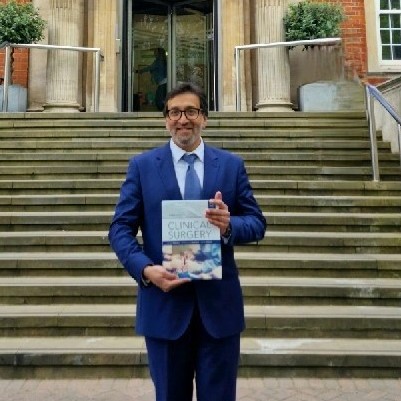
Prof. Asif Chaudry,
Robotic Oesophageal Cancer Surgeon, The Royal Marsden

Joe Varrasso,
Regional Director & Strategic Partnerships, apoQlar medical
12:45 - 13:00
Digital Surgery and the Race for IP: Securing Innovation in the Operating Theatre of 2030
As the operating theatre becomes increasingly digital, innovation is shifting from instruments to algorithms, interfaces, and intelligent robotics. In this session, Jack Severs, UK and European Patent Attorney and Partner at GJE, explores how patent protection is shaping the next generation of surgical technologies. Drawing on recent data and patent filing trends, he will highlight who the key innovators are, what kinds of technologies are being protected, and why securing strong IP rights is critical for investment and growth.
The session will also touch on some of the unique challenges in protecting digital surgical innovations — from software-based inventions to exclusions for medical methods — and offer practical insights on navigating these issues effectively.

Jack Severs,
Partner and European & UK Patent Attorney, Gill Jennings & Every LLP
13:00 - 14:30
Lunch and Networking
14:30 - 15:20
AI in the Operating Theatre: A Human Factors Perspective to Ensure Safety and Human-AI-Collaboration
As AI systems move into the operating theatre, their impact will extend beyond technical performance. The real question is how these systems can be designed, implemented, and integrated so that they actually support the surgical workforce rather than disrupt it. This panel will explore the human factors of responsible AI in surgery: how to build trust, ensure usability, and define appropriate roles for humans and machines in high-stakes surgical contexts.

Dr. Susanne Gaube,
Lecturer in Human Factors for Healthcare, UCL

Jeremy Opie,
Senior Research Fellow: Human Factors and Innovative Technologies for Surgical Interventions

Professor Matt Clarkson,
Professor of Biomedical Engineering, Deputy Director of the Wellcome / EPSRC Centre for Interventional and Surgical Sciences (WEISS)

Prof. Laurence Lovat,
Professor of Medicine (Gastroenterology) & Biophotonics, UCL - Division of Surgery and Interventional Science and UCLH

Professor Stella Vig
Deputy National Medical Director for Secondary Care and Quality (NHS England), Consultant Vascular and General Surgeon (Croydon University Hospital)
15:20 - 16:10
Training the Next Surgical Workforce: Robotics, Simulation & AI
As digital surgery becomes the norm, how do we prepare the next generation? This panel showcases how UK and global institutions are embedding robotics, simulation, and AI into early surgical training — with examples of national curricula, VR tools, and new certification frameworks already in play.

Rajesh Sivaprakasam,
Lead for Robotic Renal Failure Surgery, Consultant in Transplant, Access, and General Surgery
Barts Health NHS Trust

Professor Stella Vig
Deputy National Medical Director for Secondary Care and Quality (NHS England), Consultant Vascular and General Surgeon (Croydon University Hospital)

Mr Raiyyan Aftab
President (Association of Surgeons in Training), ST4 Plastic Surgery Trainee (Salisbury NHS Foundation Trust)

Dr Shivam Natarajan
Senior Healthcare Advisor to Governments
16:10 - 16:15
Closing from our Chairperson

Rajesh Sivaprakasam,
Lead for Robotic Renal Failure Surgery, Consultant in Transplant, Access, and General Surgery
Barts Health NHS Trust
16:00 - 18:00
The GIANT HEALTH event annual Christmas Party
Why leave early when the best conversations happen after the formal programme ends? After a day exploring the future of surgery, join fellow innovators, clinicians, and healthcare leaders for our annual Christmas celebration. This isn't just festive drinks—it's where the ideas sparked during today's sessions crystallize into genuine collaborations. Whether you're a surgeon curious about a robotics platform you saw demonstrated, a trust director seeking to compare notes on AI implementation, or a startup founder wanting to understand clinical needs more deeply, this relaxed environment creates the space for authentic connections that structured panels simply can't. The innovations that will define the operating theatre of 2030 won't emerge from presentations alone—they'll be forged in exactly these moments, over drinks and genuine conversation, between people who share a vision for transforming surgical care.
18:00 - 22:00
“The AI in Healthcare” dinner exclusively for senior clinicians and company directors.
Hosted by Professor Shafi Ahmed.
Who Should Attend
This dinner is exclusively for:
- Senior Consultant NHS Clinicians leading or implementing AI initiatives in their trusts
- Business Directors responsible for AI strategy and procurement in healthcare organizations
- Chief Medical Information Officers and Chief Clinical Information Officers
- Digital Transformation Leads at ICB or Trust level
- Medical Directors championing AI adoption in clinical pathways
- Healthcare AI Company Directors seeking genuine NHS partnerships
Limited tickets remain for this premium senior-networking dinner and are £90 per person, including meal and drinks. You can reserve your place here:

